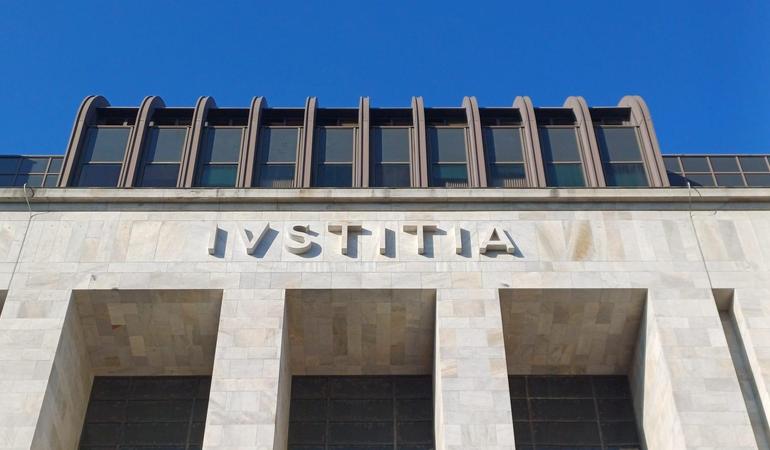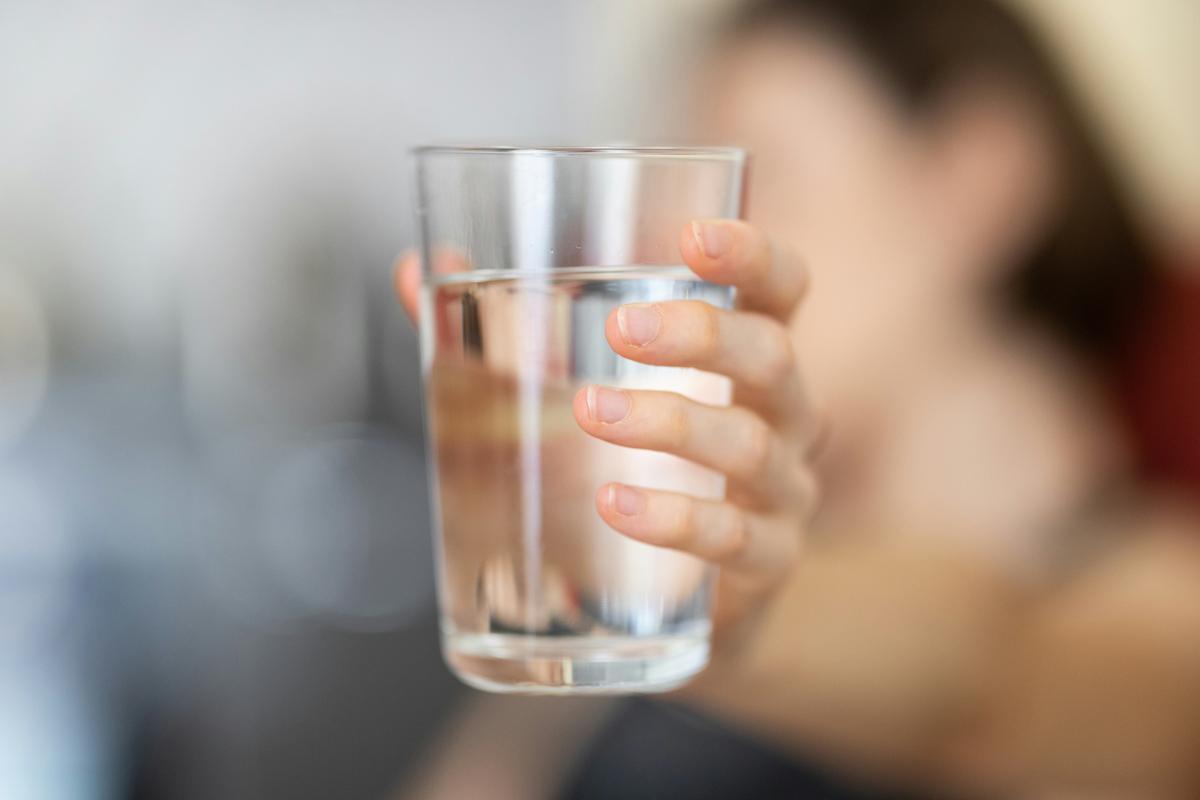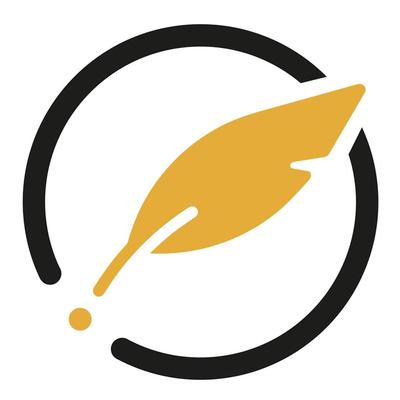
Hydra, a Milano il processo contro l'alleanza tra mafiosi di Cosa nostra, 'ndrangheta e camorra



27 marzo 2025
The Italian government is taking remedial action on pfas contamination in drinking water and has placed before parliament Legislative Decree 260, approved by the Council of Ministers on 13 March, which calls for a reduction in the levels of pfas in drinking water, as well as the inclusion of limits for tfa (trifluoroacetic acid), the molecule of the pfas class that is the most widespread in the world and until now not subject to any restrictions.
Pfas provoke cancers, but for Mario Draghi they serve the green transition
Pfas are chemical compounds that have revolutionised everyday life: they make clothes waterproof, withstand the most extreme temperatures and even make it possible to produce green energy. Consumers are addicted to them but also many public institutions, which consider them essential. The problem is that these substances are toxic to the environment and harmful to humans, as endocrine disruptors, causing cancers and other diseases.
PFAs are environmentally toxic and harmful to humans as they cause endocrine disruptors, cancers and other diseases
Specifically, the text drafted by the executive and sent to the Senate, which will have to be examined by the competent parliamentary committees, introduces in Article 21 new parameters, or rather a new limit value, for Tfa (trofluoroacetic acid) and for the sum of four pfas considered dangerous for people and the ecosystem - pfoa, pfos, pfna and pfhxs - equal to 20 nanograms per litre. The same limit value has been introduced by Germany, while countries such as Denmark and Sweden have further lowered the threshold to 2 and 4 nanograms per litre respectively.
There are Pfas in the blood of those who live near the Solvay plant in Alessandria
For tfa, the proposed limit value is 10 micrograms per litre, or 10,000 nanograms per litre. The measure also introduces the monitoring of other substances that fall into the pfas class, such as the adv molecules produced in Italy by the Syensqo (formerly Solvay) plant in Spinetta Marengo, near Alessandria.
Article 21 of Legislative Decree 260 does not provide for new or increased burdens on public finance for control and monitoring activities, and does not refer to the costs to be borne for the purification of drinking water should the presence of the indicated contaminants be detected.
Pfas are also in wine, Europe on alert
While Italy (and other countries) are calling for lowering pfas limits in drinking water, Europe seems to be going in the opposite direction. In recent days, EU Environment Commissioner Jessika Roswall, on the sidelines of a meeting with pfas-producing companies (including Syensqo), said that any tightening would not come before 2026. “We will try to establish a ban on pfas in consumer products,” Roswall explained, “but we also have to be aware that there are materials, products and things we really need that contain them, such as inhalers or essential goods for the defence industry”.
EU Commissioner for the Environment, Jessika Roswall, on the sidelines of a meeting with companies that produce pfas said that any tightening will not come before 2026
These words follow those uttered last September by former Italian prime minister and former European Central Bank president Mario Draghi, according to whom “a possible imminent ban on a number of pfas substances would have an impact on the use of substances necessary for the production of clean technologies, batteries and electrolysers, for which there are currently no alternatives”.
Pfas, thousands of people in Piedmont drank contaminated water, says Greenpeace
"This first measure is excellent news, but the text presented by the government needs to be further improved by parliament in order to protect human health: we hope that the various political forces will find a transversal agreement to further reduce the permitted limits, bringing them closer to the only safe threshold, the technical zero. Intervening on drinking water is only the first step, we hope that a law will soon follow to ban the use and production of these pollutants," commented Giuseppe Ungherese, head of Greenpeace Italy's Pollution Campaign, among the associations that have been fighting for years to ban pfas.
Crediamo in un giornalismo di servizio di cittadine e cittadini, in notizie che non scadono il giorno dopo. Aiutaci a offrire un'informazione di qualità, sostieni lavialibera
La tua donazione ci servirà a mantenere il sito accessibile a tutti
Olimpiadi di Milano-Cortina 2026: tutte le promesse tradite
La tua donazione ci servirà a mantenere il sito accessibile a tutti